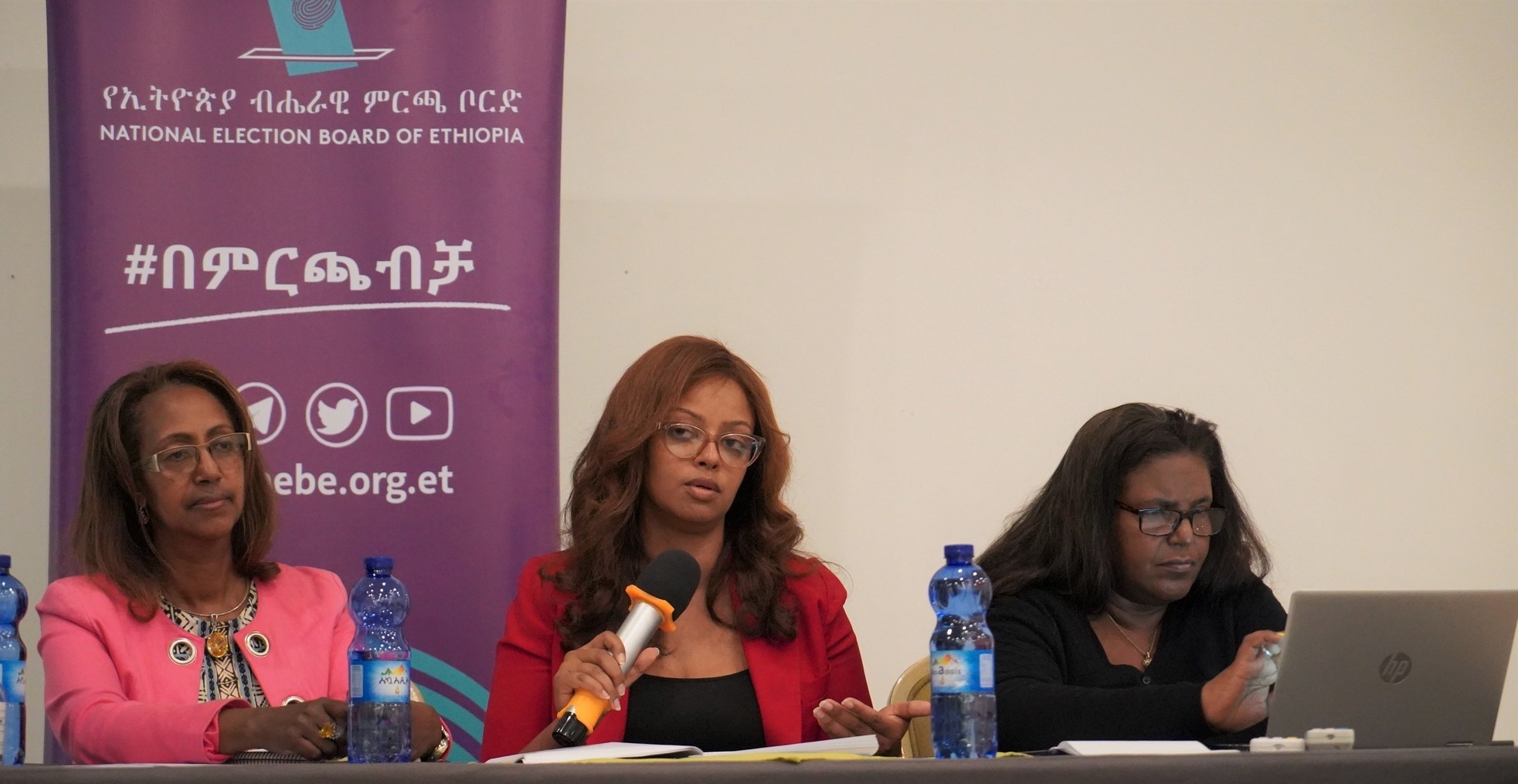Modernization of Electoral Processes in Ethiopia
The National Election Board of Ethiopia (NEBE) has unveiled its strategy to conduct the upcoming seventh general election using technology-based systems. This initiative aims to enhance transparency, efficiency, and accessibility across the electoral process. The announcement was made during a joint forum involving democratic institutions accountable to the House of People’s Representatives (HPR), where various organizations shared updates on their reform efforts.
Key Reforms by NEBE
NEBE Chairperson Melatework Hailu presented the board’s reform agenda, emphasizing significant progress in modernizing its operations. She highlighted that legal, human resource, and institutional reforms are being guided by lessons from previous elections. “As part of our commitment to transparency and inclusivity, we are preparing to implement a technology-based system to ensure the seventh general election is free, fair, and credible,” she stated.
One of the key initiatives involves developing a mobile application to support critical electoral processes such as voter and candidate registration. To ensure inclusivity, the digital system will be complemented by manual procedures, making it accessible to all segments of the population.
Voter Education and Support
To facilitate the smooth implementation of the new technology, the board plans to scale up voter education initiatives. These efforts aim to help both political parties and the general public understand and engage effectively with the new systems. A supporting proclamation has already been submitted to the HPR, signaling the formal approval of these changes.
Reforms in Other Democratic Institutions
In related developments, Chief Ombudsman Simegn Wubbe reported that the Office of the Ethiopian People’s Ombudsman has undergone significant reforms to strengthen its ability to resolve administrative grievances. Over the past 11 months, the office reviewed more than 2,000 complaints and issued corresponding recommendations.
Meanwhile, Berhanu Adelo, Commissioner of the Ethiopian Human Rights Commission (EHRC), shared the commission’s progress in promoting and protecting human rights. He announced the adoption of a digital system to support investigative work and reaffirmed ongoing efforts to reinforce human rights protections.
Importance of Institutional Reforms
According to the commissioner, these reforms are essential for building public trust in democratic institutions and ensuring that citizens’ rights are protected and upheld. By integrating technology into various aspects of governance, Ethiopia is taking significant steps toward creating a more transparent and efficient system.
Conclusion
The ongoing reforms in Ethiopia reflect a broader commitment to enhancing democratic processes and ensuring that all citizens have equal access to participation in the electoral system. Through technological advancements and institutional improvements, the country is working towards a future where elections are not only more efficient but also more inclusive and credible.







